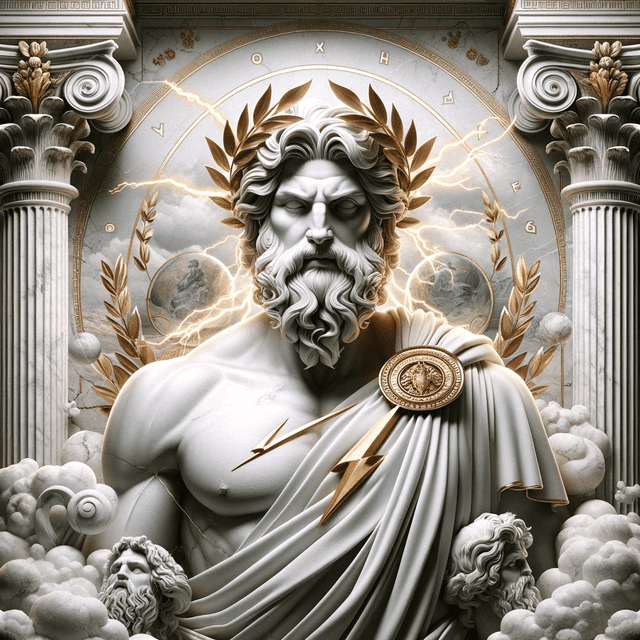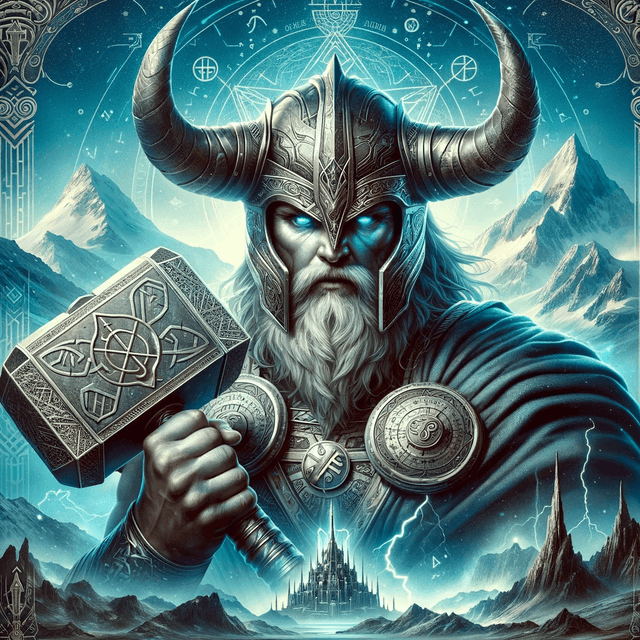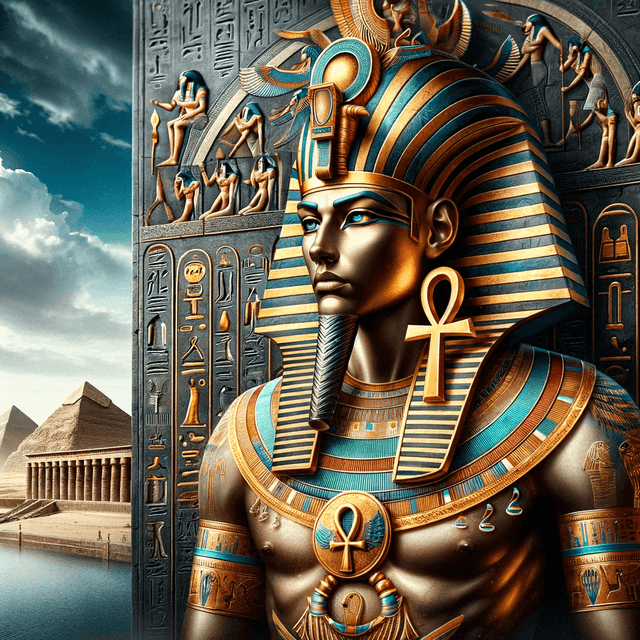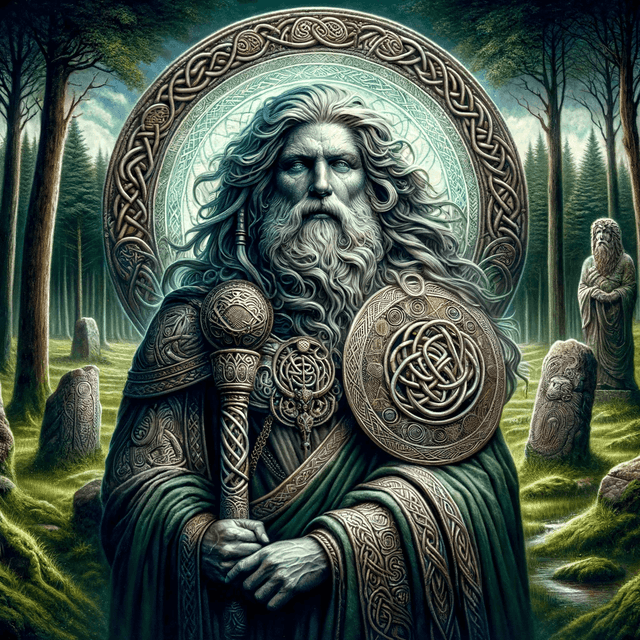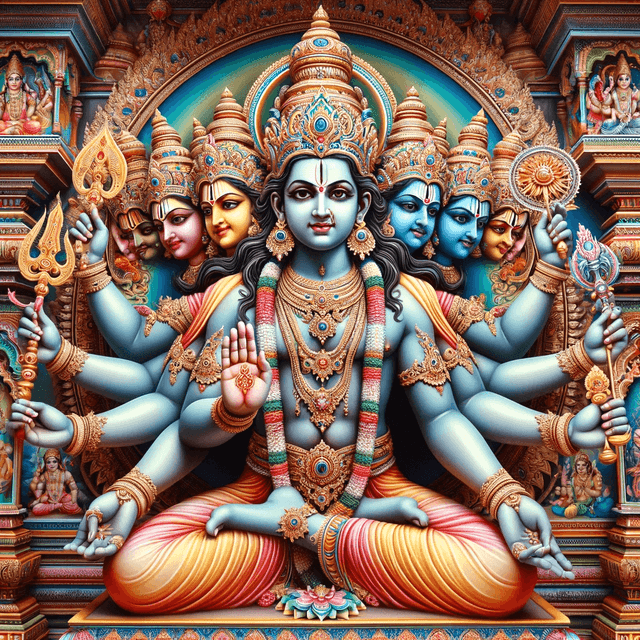Understanding Japanese Names
Japanese gods, known as kami, are deities from the Shinto religion, deeply intertwined with Japanese culture and nature. They embody the spirits of various natural elements, ancestors, and guardians of specific domains. Each kami holds a unique significance in Japanese spirituality.
How to come up with the perfect Japanese name
Japanese god names often reflect their role or domain, with honorifics like -sama or -no-kami added to show respect. Names like Amaterasu, Izanagi, and Inari are common among Japanese gods.
Other Japanese names
Explore a realm of Japanese god names inspired by Shinto traditions and mythology:
| Name | Meaning | Gender |
|---|---|---|
| Amaterasu | Shining Heaven | Female |
| Izanagi | The Inviting Male | Male |
| Inari | Rice God | Male/Female |
| Susanoo | God of Storms | Male |
| Tsukuyomi | Moon God | Male |
| Uzume | Goddess of Mirth | Female |
| Raijin | God of Thunder | Male |
| Fujin | God of Wind | Male |
| Benzaiten | Goddess of Beauty and Music | Female |
| Daikokuten | God of Wealth and Agriculture | Male |
| Ebisu | God of Fishermen and Luck | Male |
| Hachiman | God of War and Warriors | Male |
| Jizo | Protector of Children and Travelers | Male |
| Kannon | Goddess of Mercy | Female |
| Ryujin | Dragon God of the Sea | Male |
| Suijin | God of Water | Male |
| Tenjin | God of Learning and Scholarship | Male |
| Tengu | Mythical Creature, Heavenly Dog | Male |
| Oyamatsumi | God of Mountains | Male |
| Kukurihime | Goddess of Eclipses | Female |


